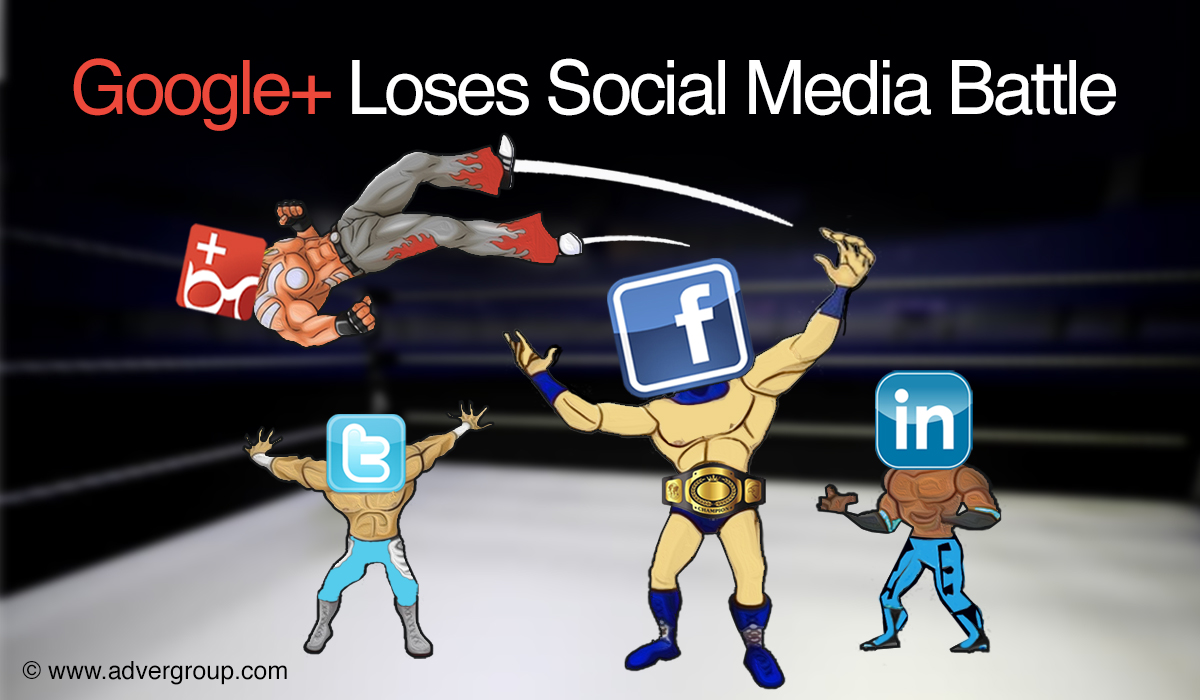Displaying items by tag: Social Media
Google Shuts Down Google+, Facebook Wins Social Media Battle
 In October of 2018 Google announced they would be "Protecting your data, improving our third-party APIs, and sunsetting consumer Google+". Later in December another update would come as Google announced "Expediting changes to Google+". Most recently in December of 2018, deletion dates were provided when Google emphasized that it will shut down Google+, "due to low usage and challenges involved in maintaining a successful product that meets consumers’ expectations." as provided in Google's official statement.
In October of 2018 Google announced they would be "Protecting your data, improving our third-party APIs, and sunsetting consumer Google+". Later in December another update would come as Google announced "Expediting changes to Google+". Most recently in December of 2018, deletion dates were provided when Google emphasized that it will shut down Google+, "due to low usage and challenges involved in maintaining a successful product that meets consumers’ expectations." as provided in Google's official statement.
While the number of mobile device users is growing, the number of social media networks is also constantly growing. However, with the recent news of Google sunsetting Google+, the "social media battle field" just got thinner.
Did Social Media Growth and Mobile Device Boom Help Trump?
Mobile devices and social media have surely become a part of most peoples daily life. Today, these pocket sized computers have proven useful for users of all age groups. While smart phone owners use their devices for a variety of tasks including: entertainment, information and/or business; mobile devices coupled with the growth of social networks maybe changing the world beyond providing convenience as relates to access to email on the go. The use of mobile devices and the growth of social media may very well be responsible for shaping history, as it is widely believed that social media may have played a major part in the 2016 Presidential election.
Though politics are discussed in this article, the focus of this article is technology based.
How to Get My Business on Google Maps and Google Places for Business?
Is your Business located on Google Maps and Google Places for Business?
If not, it should be! Despite the simple fact that search engines such as Google and Yahoo have replaced the stone aged telephone books, both of these search engine titans also possess business listing services. Google has Google+ Places and Zagat, while Yahoo has Yelp. All which utilize map based business listings. These map based business listings assist consumers in finding business near their physical locations. This is even more relevant in today’s age of mobile devices, such as smart phones and tablets.
For instance, as a consumer is driving on the Kennedy Expressway in Chicago. A person in this vehicle is seeking a coffee shop nearby. They grab their iphone, open their web search and enter coffee shops. Their mobile device will provide map results, prior to providing web page results because the search engine has detected that they are mobile. Will your business show up if a smart phone or tablet user searches for your business type? If your business is not listed on Google Places for Business or Google+ Local then the answer is no!
Facebook to Monetize Connecting the World
 Even as Facebook currently enjoys recent gains in the stock market, questions continue to whirl in the media about how Facebook plans to satisfy investors in moving forward with a plan to monetize?
Even as Facebook currently enjoys recent gains in the stock market, questions continue to whirl in the media about how Facebook plans to satisfy investors in moving forward with a plan to monetize?
What does the monetization of Facebook really mean to its users? Is it possible that Facebook will require paid memberships, or will Facebook be able to satisfy its shareholders without asking it's members to foot the bill? This article reviews Facebook's stock performance history and explores the real mechanisms that Facebook is already implementing to monetize its successful social network.


















